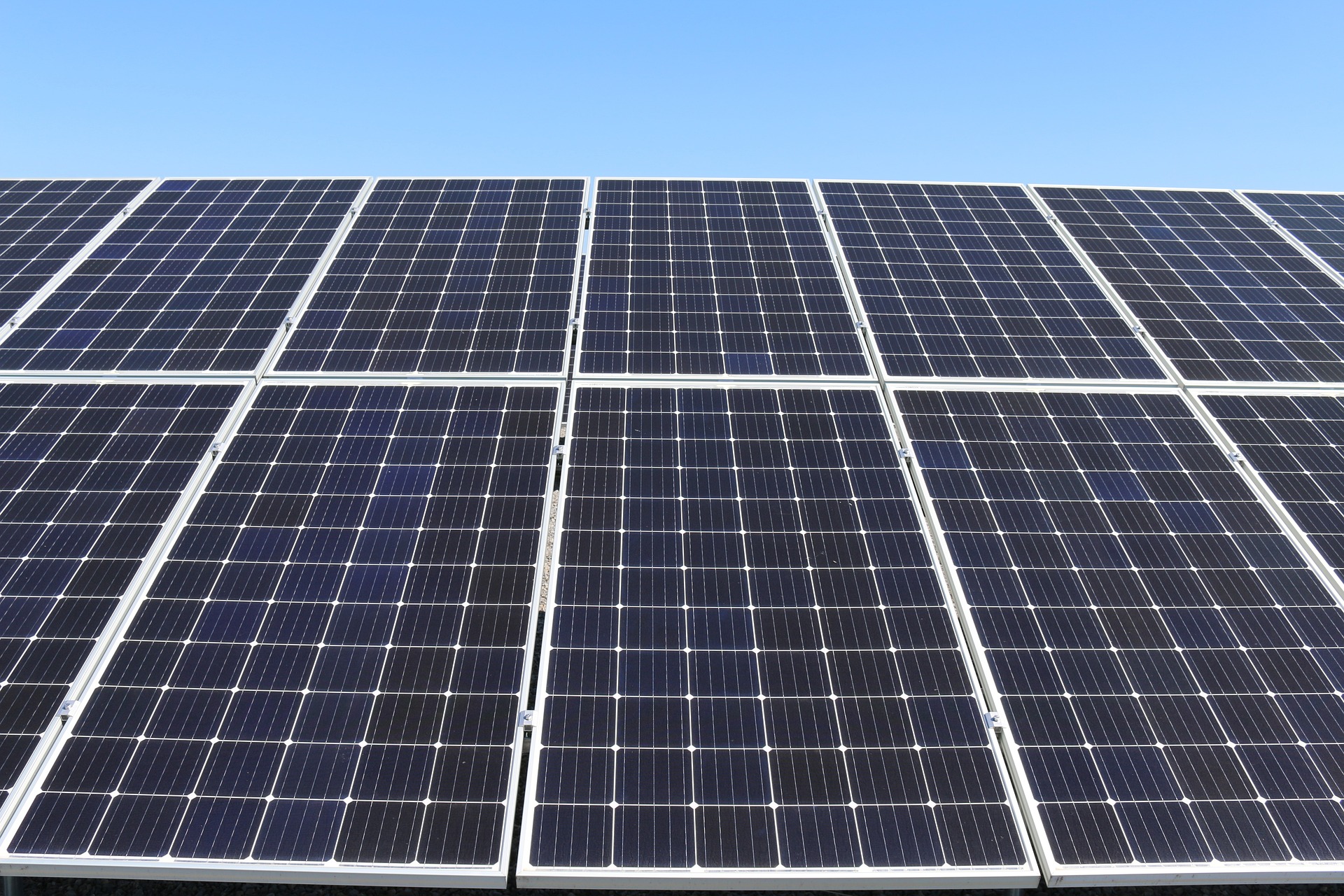Solar Batteries: Powering Your Home with Clean Energy
Solar batteries store energy generated by solar panels, providing power when sunlight isn’t available. They help reduce reliance on the grid, support energy efficiency, and ensure a consistent power supply, making them a practical addition for homes or businesses using renewable energy.
What are solar batteries for home use?
Solar batteries for home use are rechargeable energy storage systems designed to work in conjunction with residential solar panel installations. These batteries store excess electricity generated by your solar panels during the day, which can then be used during nighttime hours or when solar production is low. By incorporating a solar battery into your home energy system, you can significantly increase your energy self-sufficiency and potentially reduce your electricity bills.
The most common types of solar batteries for residential use are lithium-ion and lead-acid batteries. Lithium-ion batteries are generally more efficient, have a longer lifespan, and require less maintenance than lead-acid batteries. However, lead-acid batteries are often more affordable and may be suitable for smaller-scale applications.
How do high-capacity solar batteries benefit homeowners?
High-capacity solar batteries offer several advantages for homeowners looking to maximize their energy independence:
-
Increased energy storage: Larger capacity batteries can store more excess solar energy, allowing you to power your home for longer periods without relying on the grid.
-
Greater flexibility: With more stored energy at your disposal, you can choose when to use grid electricity based on time-of-use rates, potentially saving money on your utility bills.
-
Enhanced self-sufficiency: High-capacity batteries enable you to operate off-grid for extended periods, reducing your reliance on utility companies and fossil fuels.
-
Future-proofing: As energy needs evolve and electric vehicle adoption increases, a high-capacity battery system can accommodate growing power demands.
-
Environmental benefits: By utilizing more of your own clean solar energy, you reduce your carbon footprint and dependence on non-renewable energy sources.
Can solar batteries provide backup power during outages?
One of the most significant advantages of solar batteries is their ability to provide backup power during grid outages. When properly configured, a solar battery system can automatically detect a power failure and seamlessly switch to battery power, keeping your essential appliances and devices running.
The duration of backup power depends on several factors, including:
-
Battery capacity: Larger batteries can provide power for longer periods.
-
Energy consumption: The number and type of appliances you need to power will affect how long your battery backup lasts.
-
Solar panel output: If your solar panels continue to generate electricity during an outage, they can help recharge your battery and extend its backup capabilities.
-
Weather conditions: Cloudy or stormy weather may limit solar panel production, potentially reducing the duration of backup power.
To maximize the effectiveness of your solar battery backup system, it’s essential to prioritize which appliances and circuits you want to power during an outage. Many homeowners choose to back up critical loads such as refrigerators, medical equipment, lighting, and communication devices.
What are the top solar battery options for homeowners?
When considering solar batteries for your home, it’s important to compare different products to find the best fit for your needs. Here’s a comparison of some popular solar battery options:
| Product Name | Capacity | Warranty | Key Features | Cost Estimation |
|---|---|---|---|---|
| Tesla Powerwall+ | 13.5 kWh | 10 years | Integrated inverter, compact design | $8,500 - $10,500 |
| LG Chem RESU | 9.8 kWh | 10 years | Modular design, indoor/outdoor installation | $7,000 - $9,000 |
| Enphase Encharge 10 | 10.1 kWh | 10 years | Microinverter technology, scalable | $12,000 - $15,000 |
| Generac PWRcell | 9-36 kWh | 10 years | Modular, expandable capacity | $9,000 - $18,000+ |
| sonnen eco | 5-20 kWh | 10 years | Smart energy management, long cycle life | $9,000 - $25,000+ |
Prices, rates, or cost estimates mentioned in this article are based on the latest available information but may change over time. Independent research is advised before making financial decisions.
How do I choose the right solar battery for my home?
Selecting the appropriate solar battery for your home depends on several factors:
-
Energy consumption: Analyze your household’s energy usage to determine the appropriate battery capacity.
-
Budget: Consider both upfront costs and long-term savings when evaluating different battery options.
-
Available space: Ensure you have adequate space for the battery system, whether indoors or outdoors.
-
Climate: Some batteries perform better in extreme temperatures than others, so consider your local climate.
-
Compatibility: Verify that the battery system is compatible with your existing or planned solar panel installation.
-
Warranty and support: Look for products with robust warranties and reliable customer support.
-
Future expansion: Consider whether you may want to add more battery capacity in the future and choose a system that allows for easy expansion.
By carefully evaluating these factors and consulting with a qualified solar installer, you can select a solar battery system that meets your energy needs and budget while providing reliable backup power during outages.
Solar batteries represent a significant step forward in residential energy independence and sustainability. As technology continues to advance and prices become more competitive, these systems are likely to become an increasingly common feature in homes across the country, helping to create a more resilient and eco-friendly energy landscape.





